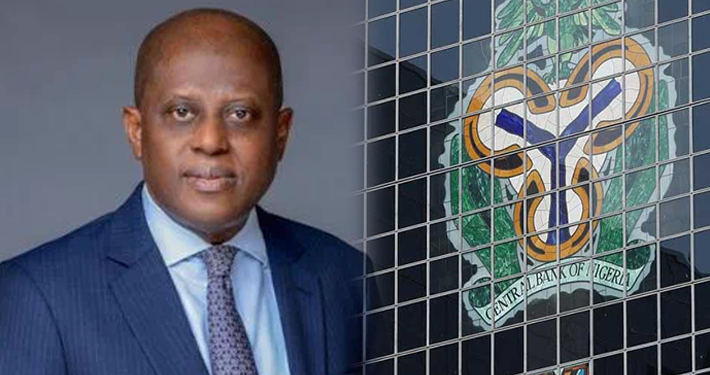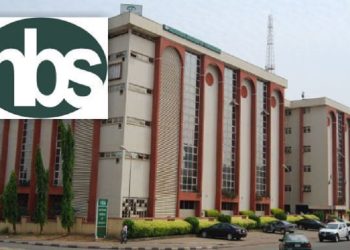The World Bank has commended the efforts of Central Bank of Nigeria (CBN) Governor Yemi Cardoso, highlighting that his monetary policies are steering Nigeria in a positive direction. Indermit Gill, Senior Vice President of the World Bank Group, made this statement during the 30th Nigerian Economic Summit held in Abuja on Monday.
Gill praised the CBN’s approach to managing inflation, citing the significant hike of 850 basis points in interest rates over nine months. He acknowledged that these reforms require a strong political commitment from Nigeria’s leadership, describing the efforts as critical for restoring stability in the economy.
Monetary Reforms to Stabilize the Naira
One of the key elements of Cardoso’s policy is the sharp increase in interest rates, which was initiated to restore confidence in the naira and curb inflationary pressures. Since the end of the fuel subsidy, the cost of Premium Motor Spirit (PMS) has surged fourfold, creating economic strain across the country. Gill emphasized that despite these challenges, the CBN’s recent actions are putting Nigeria on a path to long-term economic recovery.
“The Central Bank has had to hike its policy by almost 9 percentage points in the last month to boost confidence in the naira and anchor inflationary expectations,” Gill said. He also noted that the CBN has ended its financing of the fiscal deficit, a move that signals a stronger financial discipline under Cardoso’s leadership.
Staying the Course for Economic Growth
While acknowledging the progress, Gill emphasized that Nigeria must maintain its current reform trajectory to reap long-term benefits. He suggested that it could take the country at least 15 years to see significant results from these policies, but if sustained, Nigeria could become a major economic engine in Sub-Saharan Africa.
“This is only the beginning,” Gill remarked, adding that, “If Nigeria stays the course for the next 10 to 17 years, it will transform its economy and become a growth engine for the region.” He pointed to the experiences of countries like India, Poland, and Norway, which followed a similar path to economic transformation.
Challenges in Balancing Public Sentiment and Inflation Control
While the CBN’s interest rate hikes are aimed at stabilizing the economy, they have not been universally popular. According to a survey conducted by Nairametrics in July 2024, only 36.3% of Nigerian households supported raising interest rates to combat inflation, while over 50% of respondents favored reducing rates, even in the face of rising prices.
Despite this divide, Cardoso has continued with a firm strategy, raising interest rates five times since taking office. The most recent increase brought the rate to 27.25%, a rise of over 800 basis points since his tenure began. These efforts are designed to tackle persistent inflation issues, especially those related to food and core inflation, which have been particularly challenging for the Nigerian economy.
Looking Forward
The World Bank’s recognition of Cardoso’s efforts reflects confidence in Nigeria’s current economic policies, but it also underscores the importance of maintaining a long-term commitment to reform. While challenges remain, especially regarding inflation and public sentiment, Cardoso’s leadership at the CBN is being viewed as a necessary step in putting Nigeria back on the path to economic stability.
As Nigeria navigates these difficult but essential reforms, the success of Cardoso’s policies will depend on the country’s ability to stay the course, ensuring that the foundations for sustainable growth are firmly laid in the years to come.










